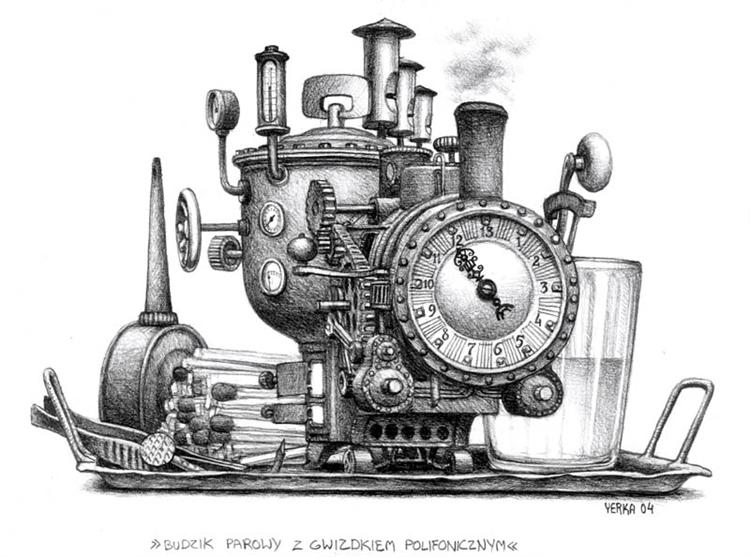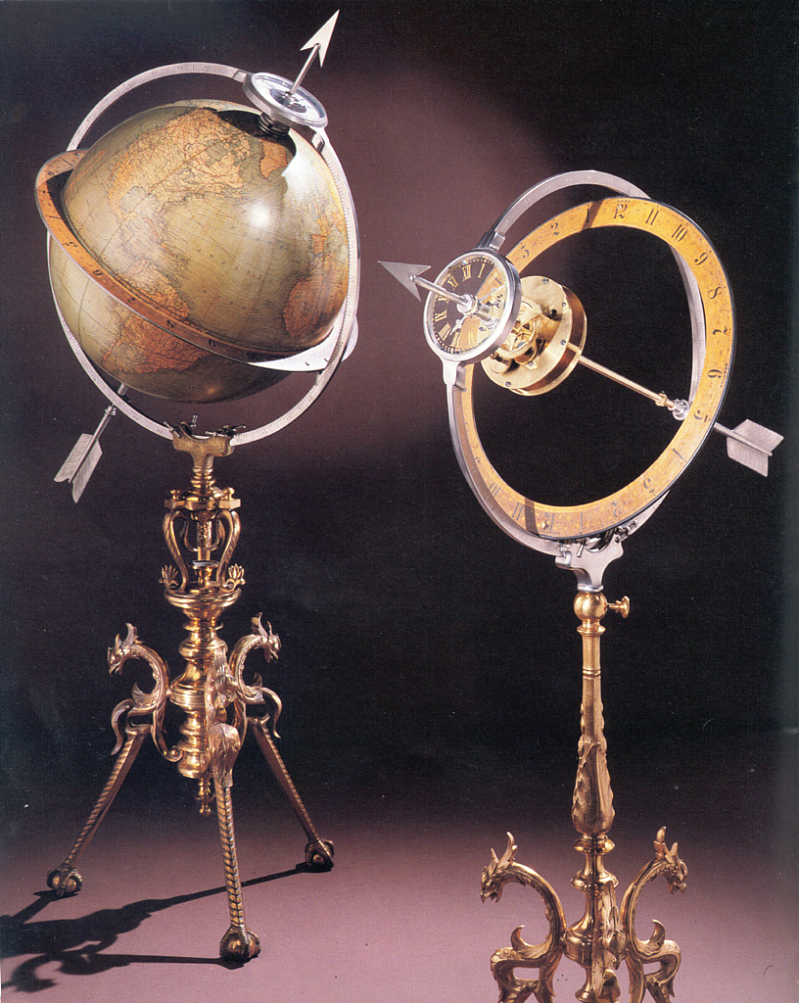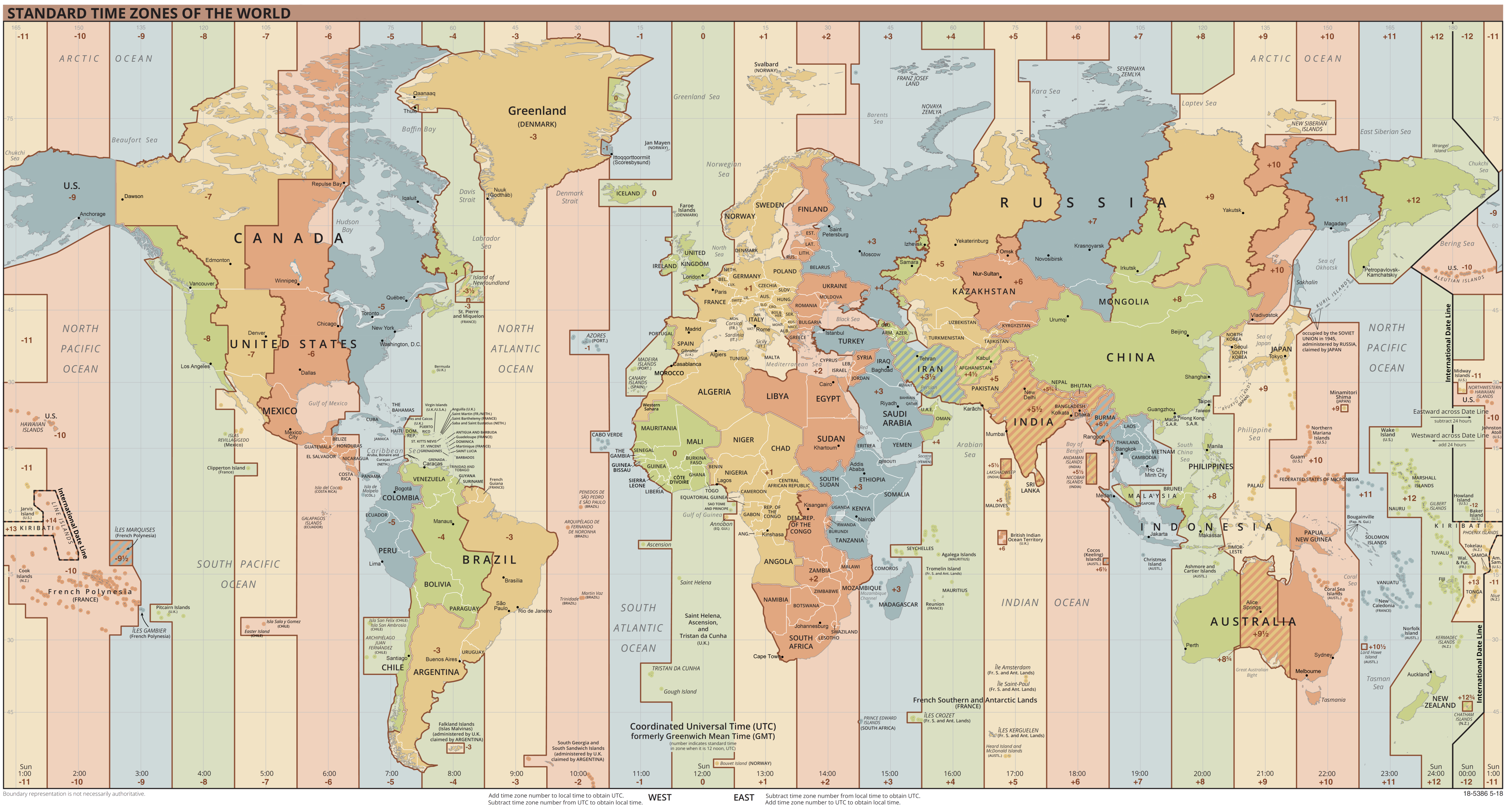“Time, the devourer of all things.”
— Ovid, “Metamorphoses”
Today we examine best practice literature for timekeeping in educational settlements, with special interest in metering the academic “day” and timekeeping in athletic competition. Time is the most measured quantity on earth; its significance worthy of a “periodic” revisit at the beginning of every semester, at the usual hour.
Schools, Colleges, and Universities
Structured Learning: Educational settlement rely on timekeeping to ensure that classes and activities start and end punctually. This structure – deadlines, for example — maintains a consistent learning environment.
Scheduling: Timely adherence to schedules allows for the efficient use of resources, such as classrooms, laboratories, and libraries, ensuring that these are available when needed.
Examinations: Accurate timekeeping is essential for starting and ending examinations on time, which helps in maintaining fairness and integrity.
Coordination: Timekeeping helps in coordinating various activities, such as extracurricular events, sports, and meetings, ensuring that they do not clash and that participants can attend multiple activities without conflict.
Hospitals
Patient Care: Timekeeping is vital in hospitals to ensure that patients receive timely medical attention, medications, and treatments, which can be critical for their recovery and health outcomes.
Shift Management: Accurate timekeeping is essential for managing staff shifts, ensuring that there is always adequate medical and support staff available to attend to patients.
Appointments: Punctuality in scheduling and maintaining appointments helps in reducing wait times and improving the overall patient experience.
Emergency Response: Timekeeping is crucial in emergency situations where every second counts. It helps in tracking response times and improving the efficiency of emergency services.
Medical Procedures: Many medical procedures and tests are time-sensitive. Accurate timekeeping ensures that these are performed correctly and within the required timeframes.
Athletic Competition
Measurement of Performance: Timekeeping technology provides precise and accurate measurements of athletes’ performance. This is essential for determining winners, setting records, and assessing personal bests.
Consistency: High-quality timekeeping technology ensures consistent measurements across different events and competitions, which is vital for maintaining the integrity of the sport.
Accurate Judging: In events where timing is crucial, such as track and field, swimming, and cycling, accurate timekeeping ensures that the correct winners are declared and that records are recognized legitimately.
Close Finishes: Advanced timekeeping technology, such as photo-finish cameras, can distinguish between competitors in extremely close races, providing clear and indisputable results.
Regulatory Requirements: Many sports have strict regulations regarding timing equipment and procedures. Compliance with these standards ensures that competitions are conducted fairly and uniformly across different levels and regions.
Timing standards, particularly the definition of the second and the maintenance of Coordinated Universal Time (UTC), do not change very much. Changes in measuring technology and synchronization do change and are managed through national and international weights and measures consortia.
Related:











